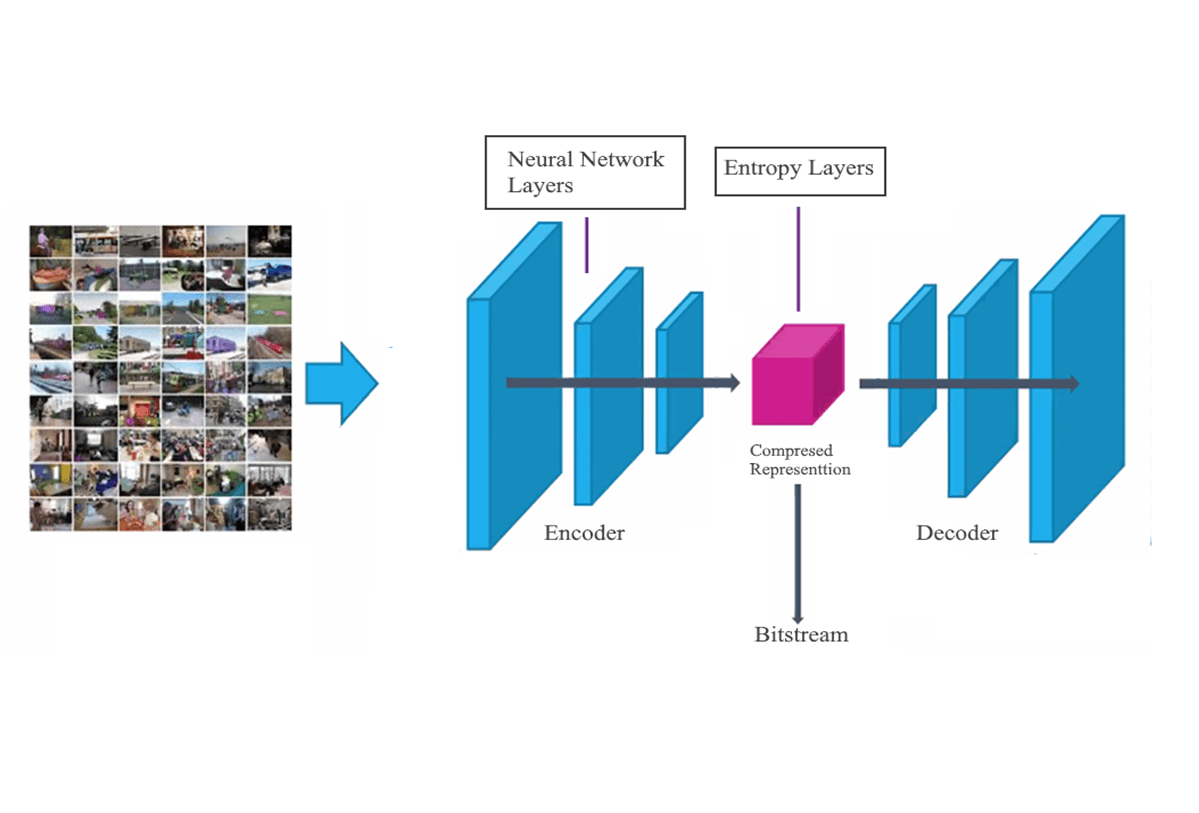Geneva, Switzerland – 30 September 2021. Today, at its 12th General Assembly, the Moving Picture, Audio and Data Coding by Artificial Intelligence (MPAI) standards developing organisation has approved 3 standards for publication as MPAI standards.
Established exactly one year ago as an international, unaffiliated, not for profit association, MPAI is proud to announce that the first two AI-powered standards approved today serve two of the many industries targeted by MPAI: financial risk assessment and human-to-machine communication. The 3rd standard addresses the governance of the ecosystem generated by MPAI standards.
The AI-based Compression and Understanding of Industrial Data (MPAI-CUI) standard gives the financial risk assessment industry new, powerful and extensible means to predict the performance of a company. The standard includes Reference Software, Conformance Testing (to test that the standard has been correctly implemented) and Performance Assessment (to assess how well an implementation satisfies the criteria of Reliability, Robustness, Replicability and Fairness). The Reference Software is released with a modified BSD licence. An online demo demonstrates the potential of the MPAI-CUI standard.
A slate of applications are enabled by the approved Multimodal Conversation (MPAI-MMC) standard. Industry can accelerate the availability of products, services and applications such as: holding an audio-visual conversation with a machine impersonated by a synthetic voice and an animated face; requesting and receiving information via speech about a displayed object; interpreting speech to one, two or many languages using a synthetic voice that preserves the features of the human speech.
AI is a technology with great potential for good but also misleading use. With the standard Governance of the MPAI Ecosystem (MPAI-GME) approved today, MPAI has laid down the rules governing an ecosystem of implementers and users of secure MPAI standard implementations guaranteed for Conformance and Performance, and accessible through the not-for-profit MPAI Store.
All standards can be downloaded from the MPAI web site.
MPAI has been working on AI-Enhanced Video Coding (MPAI-EVC), a candidate MPAI standard improving existing video coding tools with AI and targeting short-to-medium term applications. MPAI believes that the so-called end-to-end approach lends itself to a fuller exploitation of the AI potential. Therefore, MPAI is launching a new project called AI-based End-to-End Video Coding (MPAI-EEV) targeting long-term applications next to MPAI-EVC.
MPAI is currently working on several other standards, e.g.,:
- AI Framework (MPAI-AIF) enables creation and automation of mixed Machine Learning, Artificial Intelligence, Data Processing and inference workflows, implemented as software, hardware, or hybrid software and hardware in local and distributed environments.
- Context-based Audio Enhancement (MPAI-CAE). The use cases supported by this standard add a desired emotion to an emotion-less speech segment, preserve old audio tapes, restore audio segments and improve the audio conference experience.
- Server-based Predictive Multiplayer Gaming (MPAI-SPG) uses AI to train a network that compensates data losses and detects false data in online multiplayer gaming.
- Connected Autonomous Vehicles (MPAI-CAV) uses AI in key features: Human-CAV Interaction, Environment Sensing, Autonomous Motion, CAV to Everything and Motion Actuation.
- Mixed Reality Collaborative Spaces (MPAI-MCS) creates AI-enabled mixed-reality spaces populated by streamed objects such as avatars, other objects and sensor data, and their descriptors for use in meetings, education, biomedicine, science, gaming and manufacturing.
MPAI develops data coding standards for applications that have AI as the core enabling technology. Any legal entity who supports the MPAI mission may join MPAI if it is able to contribute to the development of standards for the efficient use of data.
Visit the MPAI web site and contact the MPAI secretariat for specific information.


